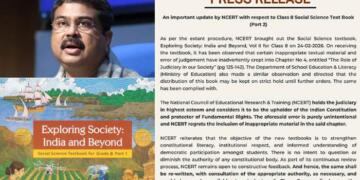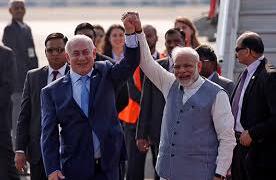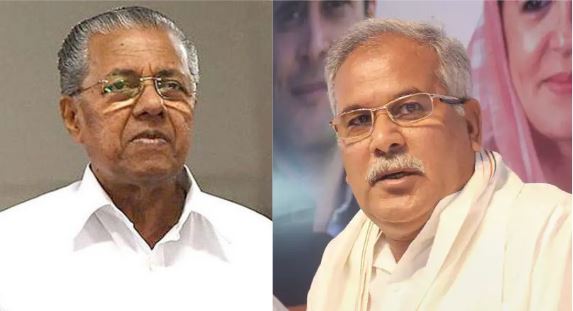As per a report by TheWire, Chhattisgarh has become the second state to open up liquor sales after Kerala. These states have argued that “media reports have suggested people are dying from lack of availability of liquor and in the districts”, and therefore, resumption of liquor sale is required for ‘medicinal use’ or, as essentials.
But the real reason behind opening up the sales is not the concern of these governments for people dying from the lack of availability, but the tax revenues. As typical to governments and politicians, especially those of Congress and other left-wing parties, the ‘real motive’ behind any decision does not get space in the fine print of notifications.
In both Kerala and Chhattisgarh, liquor sale is monopoly of the state with Kerala State Beverages (Manufacturing & Marketing) Corporation Ltd (BEVCO) and Chhattisgarh State Marketing Corporation Limited respectively being the concerned authorities.
Last year, the revenue of Chhattisgarh government from excise of liquor sale was more than 5,000 crore rupees, or, around 25 percent of state’s own tax revenues (22,000 crore rupees). And for Kerala, the alcohol consumption contributes around 12,000 crore rupees to the tax kitty, 20 percent of total. For any state, two of the largest sources of tax revenue which are under their control are- Petroleum (Petrol and diesel) and Alcohol.
“Liquor provides 20 per cent of the share of the government’s own revenue in most States,” says Jose Sebastian, associate professor at Gulati Institute of Finance and Taxation, Thiruvananthapuram. “In Kerala, it is now 22-23 per cent, rising gradually from 15 per cent over the past quarter century.”
Given the Union government imposed lockdown of 21 days under National Disaster Management Act, 2005, these state governments could not allow the movement of vehicle, and thus, the biggest source of revenue- excise on Petroleum, is gone. But the government can resume the sale of liquor, by categorizing it as ‘essential commodity’ for patients.
“State governments’ dependence on alcohol revenue is very unhealthy and disproportionate,” says K.K. George, chairman of the Kochi-based Centre for Socio-Economic and Environmental Studies. “This imbalance needs to be corrected.”
Therefore, after the announcement of 21 days lockdown, the Kerala government categorized Alcohol under the essential commodity, and continued with sales. But when it was seen that ‘social distancing’ is not being followed in the rush on liquor shops, the government closed down the shutters of these shops on March 26.
However, a few days ago, the government again resumed the sale as ‘essential commodity’ for patients. But the Kerala High Court dismissed the government decision, and put a ban for on liquor sale for two weeks.
In Chhattisgarh, the Congress government had promised a complete ban on liquor if came to power, and many rural and Adivasi women voted for the party due to this, because in poor households, a good amount of family income is lost in alcohol consumption by male members of the family. However, after coming to power, Bhupesh Baghel government backtracked on the promise, and instead of banning, imposed an additional charge of 5 rupees per bottle for cow shelters. So, instead of saving after ban, the poor households are paying more liquor.
Liquor sale is milking cow for Chhattisgarh government as 35 percent people of the state consumer Alcohol regularly against national average of 15 percent. Therefore, the government is ready to open shops even at the cost of violation of social distancing and spread of Corona virus disease.
Some people might argue that this is a smart and clever decision, as the government would keep earning despite lockdown; and this is required given the fact revenues from Petroleum sales have come to a halt. But others will argue that the government has put the life of millions at risk for few thousand crore rupees. And for the Congress and Communist governments, priority has always been the same- taxes over life.




























